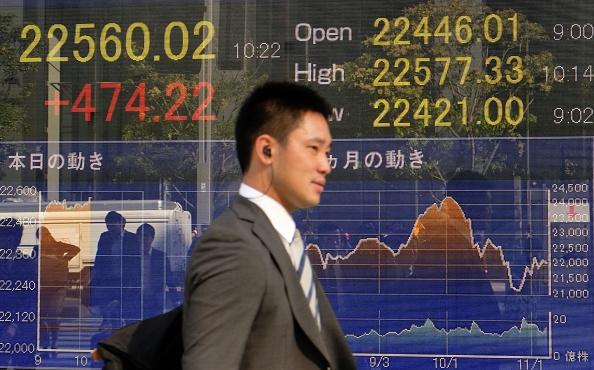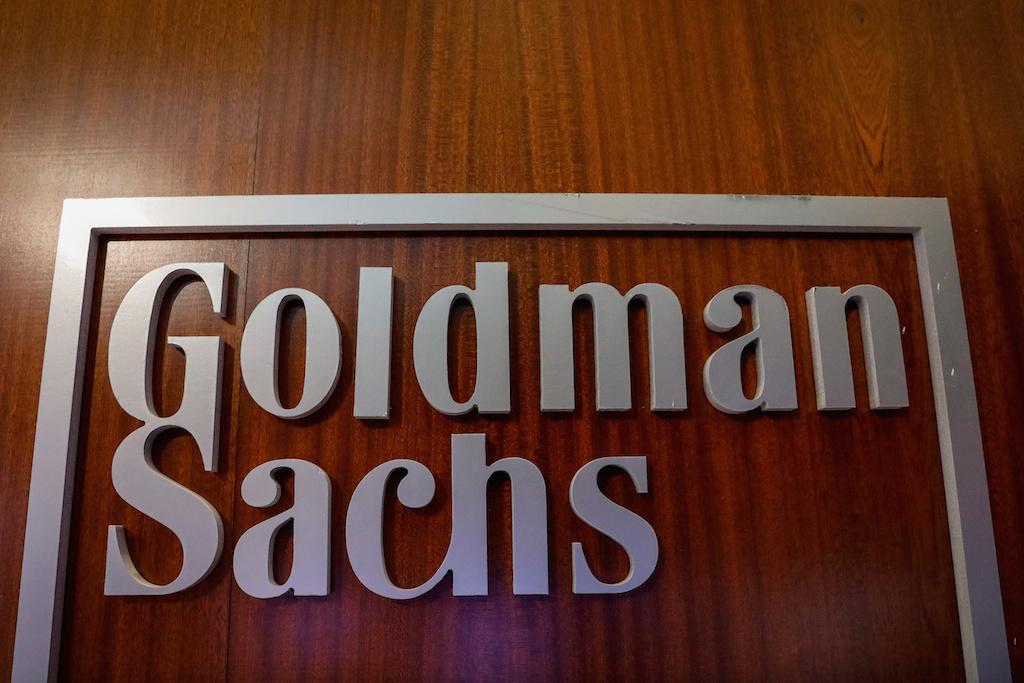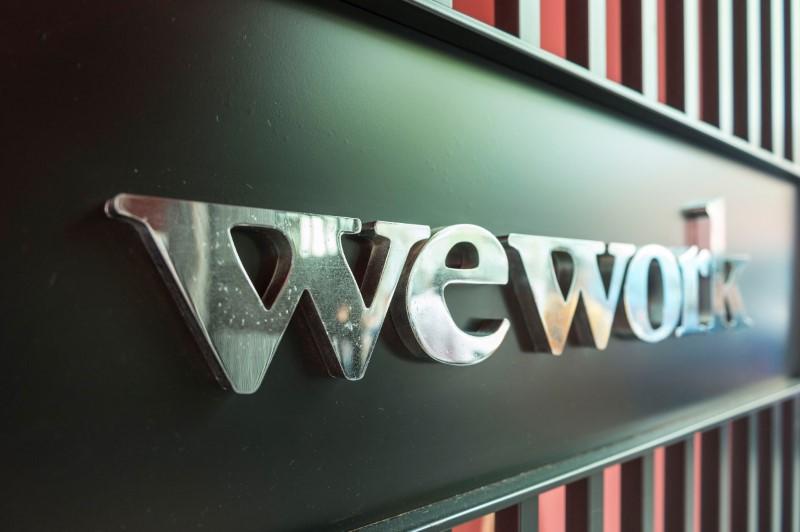Another day, another big drop for Japanese stocks, as the Topix index moves closer to a bear market. And under the hood, the influence of the U.S.-China trade war looms large.
With its 2 percent decline on Nov. 13, the Topix is down almost 15 percent from its 26-year high on Jan. 23. The companies that have been leading losses include carmakers, factory-automation providers and machinery manufacturers, all of which are exposed to the tariff fight in different ways.




